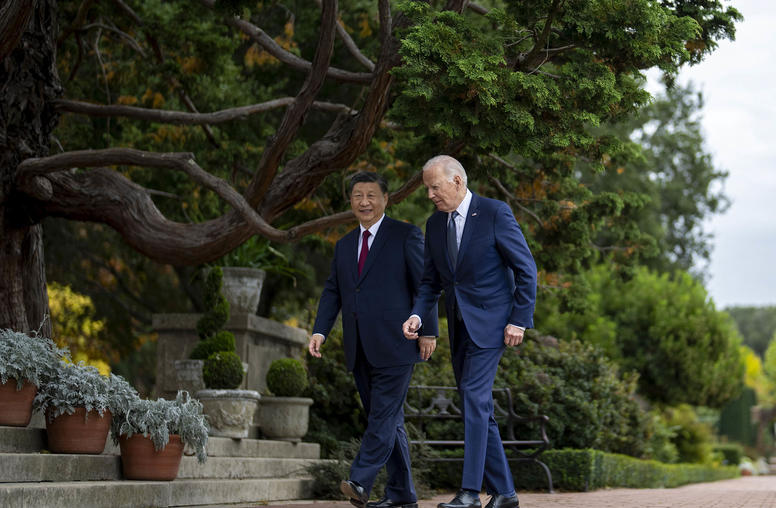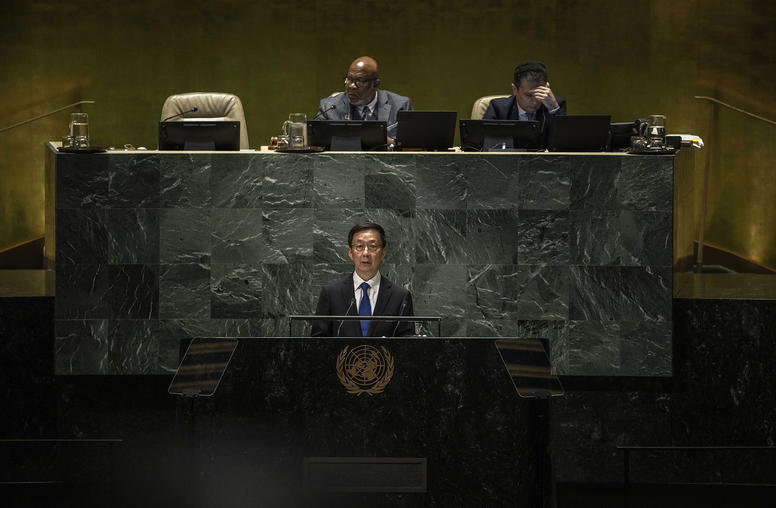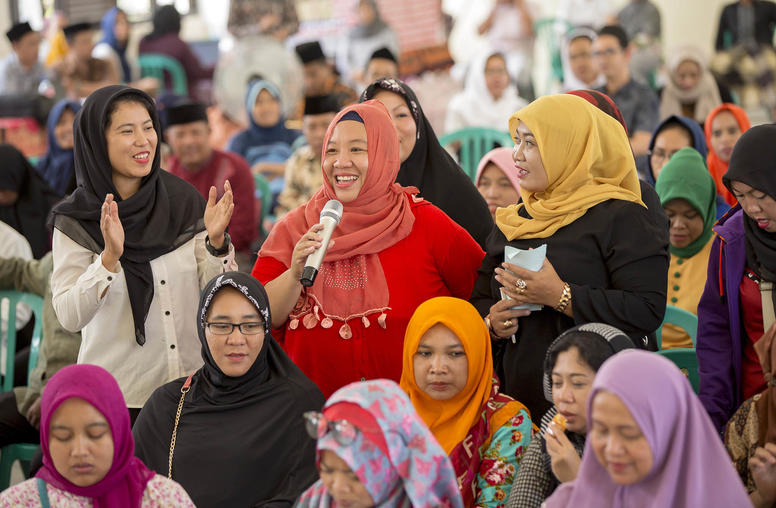Lyndi Tsering
Contact
Please submit all media inquiries to interviews@usip.org or call 202.429.3869.
For all other inquiries, please call 202.457.1700
Lyndi Tsering is a program specialist on the China team at USIP. Her work focuses on U.S.-China relations, China and the world, and Indo-Pacific foreign policy.
She previously served as the research analyst for diversity, equity, inclusion and accessibility in the Africa Center at USIP. Prior to that, she researched with the German Marshall Fund of the United States and the Project 2049 Institute. Her additional experiences include internships with the State Department and the Senate Foreign Relations Committee, time in Taiwan and Italy, and work as a dialogue facilitator for the Lab for Global Performance and Politics.
Tsering holds a master’s degree in Asian studies with a concentration in politics and security from Georgetown University’s School of Foreign Service. She also holds a bachelor’s degree in international relations from Wheaton College. She is proficient in Mandarin and possesses basic proficiency in Tibetan.



